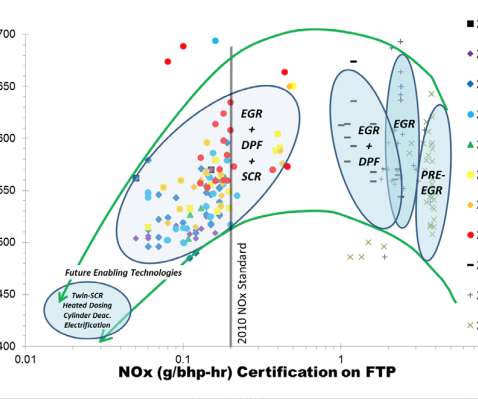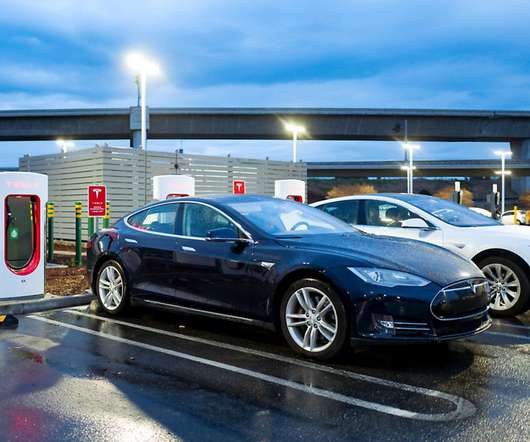EPA official: the future of the internal combustion engine is bright and clear
Green Car Congress
OCTOBER 5, 2011
Even while projecting to the future and talking about batteries and electric vehicles, he said, “ when you look at our actual analysis and you look to our projections for the future, 95% or more of the vehicles, all of the heavy-duty vehicles in our analysis are relying on IC engines. Earlier post.) —Byron Bunker.



































Let's personalize your content